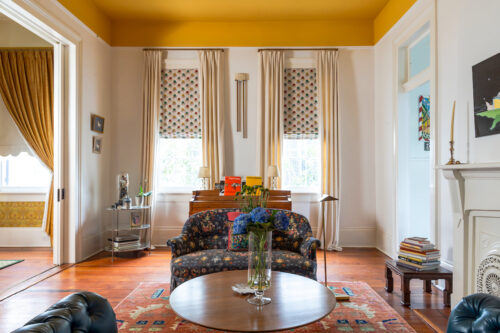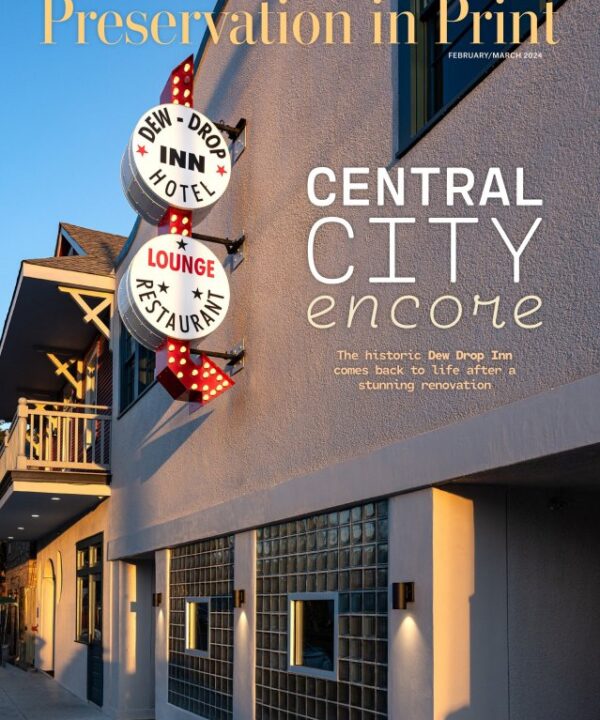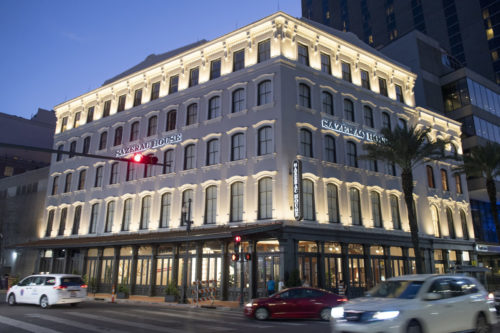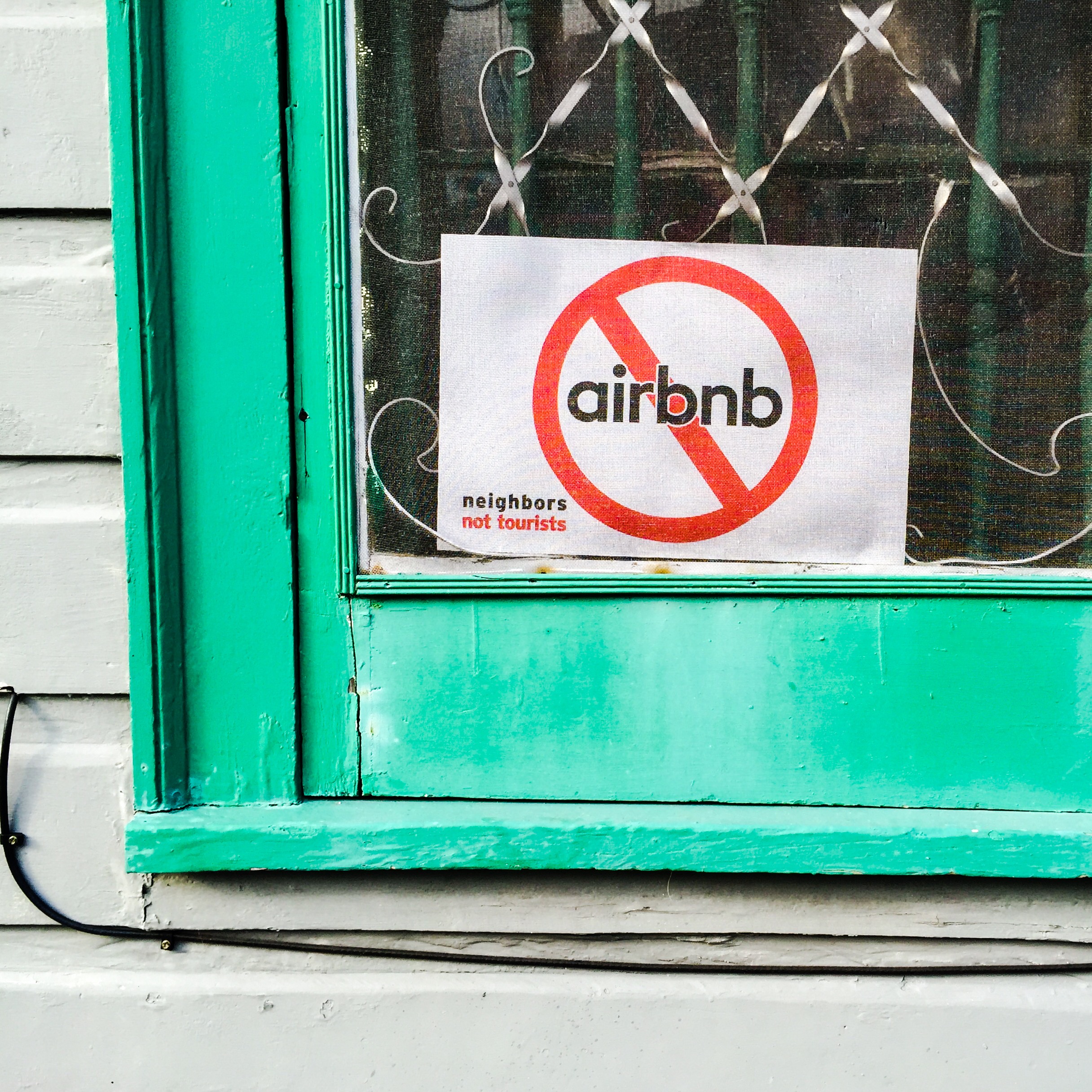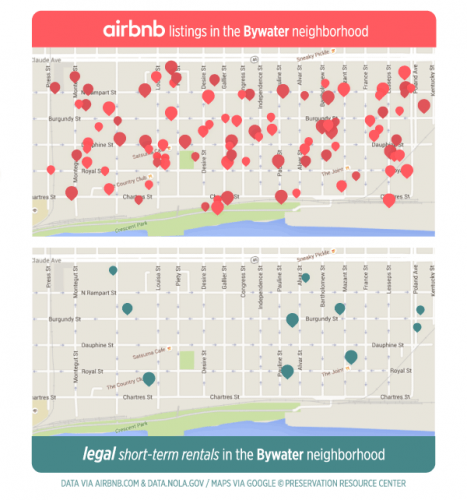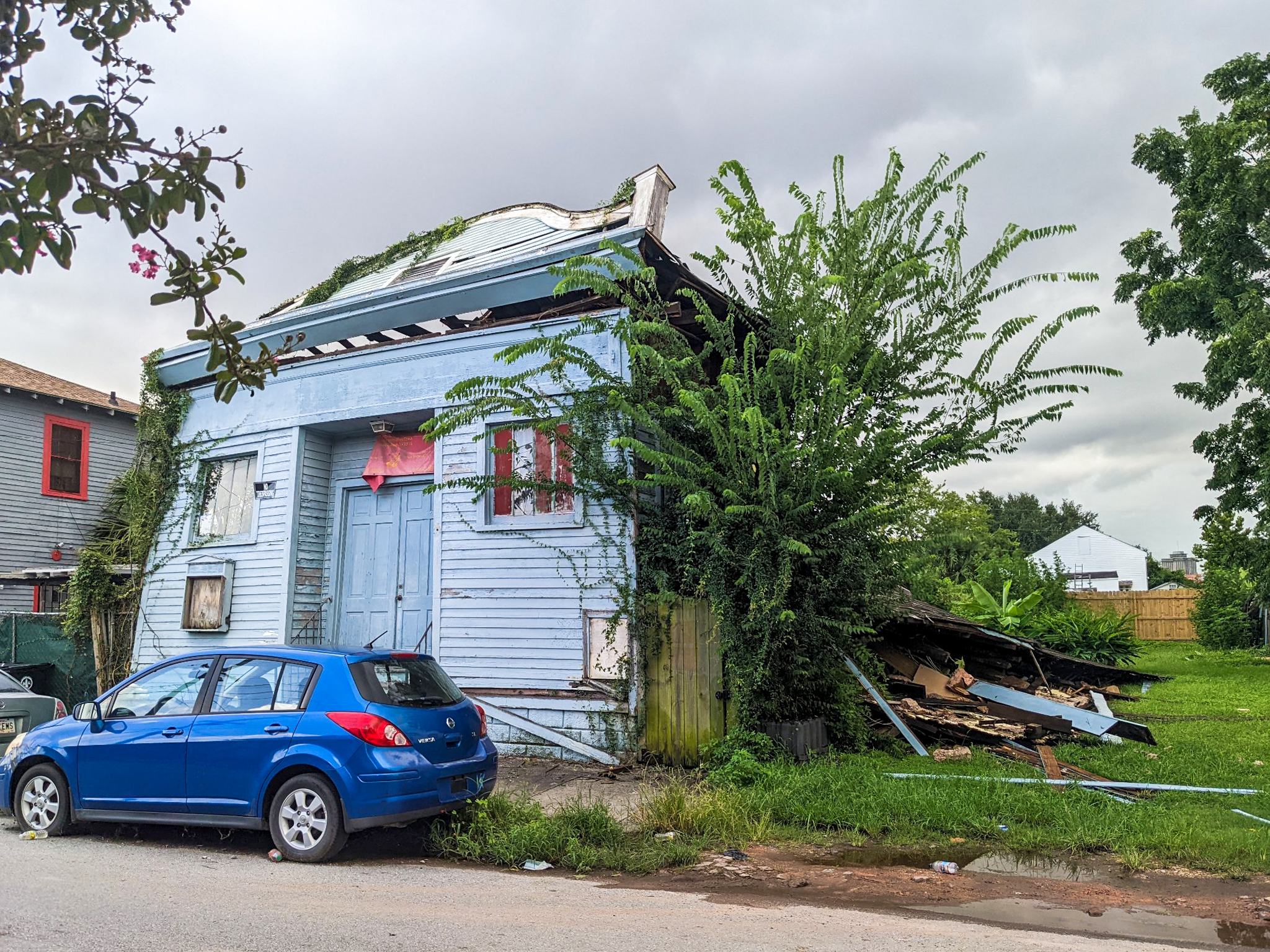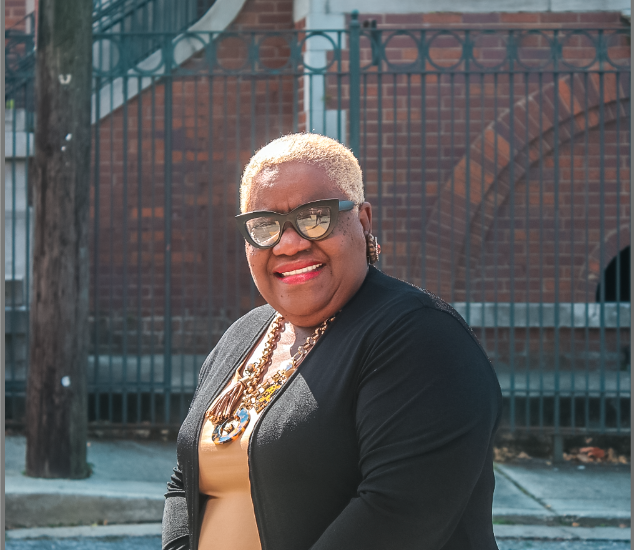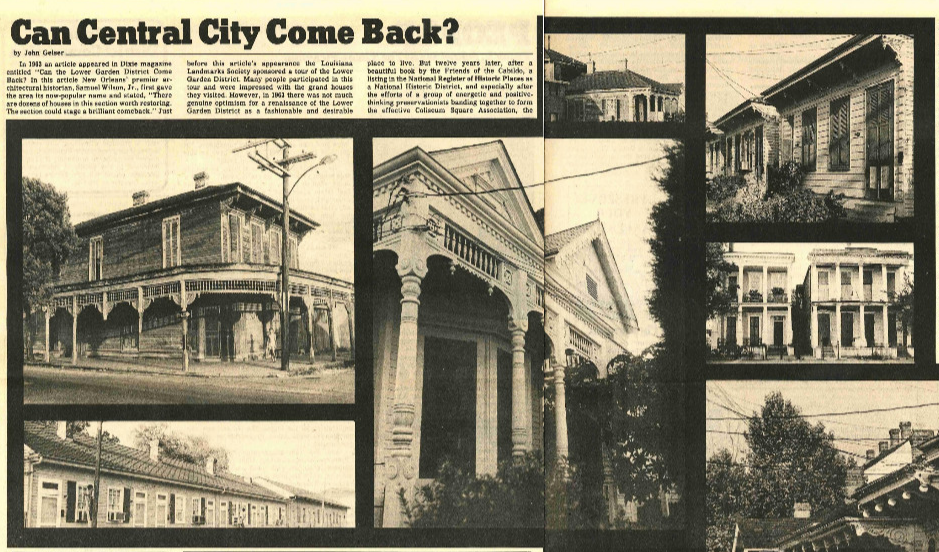The legalization of whole-house short-term rental properties – such as AirBnB rentals – threaten the quality of life for every citizen of New Orleans.
The Preservation Resource Center opposes whole-house short-term rentals, and we believe all other forms of short-term rentals must have an effective and enforceable regulatory framework – including proper licensing and taxation – before gaining legality.
There are already an estimated 4,000 illegal short-term rentals (STRs) operating in every neighborhood of this city – nearly 75% are whole-house rentals – but, if you live here, you already know that. There could be one on your block, or operating next to a friend’s house. In coming weeks, city officials are considering measures to legalize these unlicensed hotels and the results will impact every neighborhood.
Whole-house short-term rentals destabilize neighborhoods. Here’s why:
-
Legalizing whole-house rentals contribute to rising property values that disproportionately affect housing affordability and availability. New Orleans is already ranked among the worst cities for renters and STRs exacerbate this issue by taking available units out of commerce, especially those in proximity to places of employment. For those looking to purchase homes, they compete with investors willing to pay more for the same properties, as they can expect a higher rate of return on their investment. Worst of all, Long-term residents are being evicted by landlords converting those units into STRs.
-
Quality of life suffers for the residents who have invested in living in New Orleans.People who buy homes depend on predictable zoning regulations that will prohibit a more intensive commercial use – such as a bar – from suddenly opening next door. Legalizing STRs welcomes intensive commercial uses – hotels – in almost all residential areas. These have a direct impact on the frequency of noise, litter and parking violations which increase the burden of policing for NOPD. Without proper fire and safety regulations, will your property be at risk from neighboring STRs?
-
Whole-house rentals depopulate neighborhoods. What happens when neighborhoods are drained of residents and filled with temporary tourists? If your home is surrounded by STRs, you don’t have neighbors to keep watch on your block. Having eyes on the street is a proven way to make neighborhoods safer. What happens when there are fewer residents to pay taxes, vote, and advocate for essential services and fewer students to attend city schools?
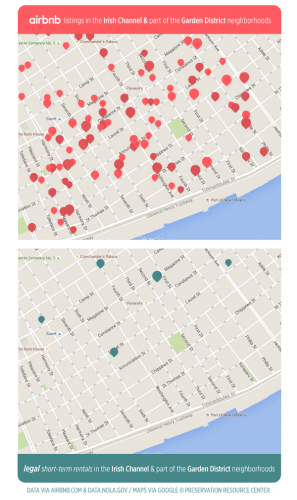 The PRC has worked tirelessly to support the Master Plan, which has the full force of law.
The PRC has worked tirelessly to support the Master Plan, which has the full force of law.
Whole-house STRs are a commercial use injected into residential zones, placing them in direct conflict with the Master Plan’s future land use categories, whose primary goal is “preservation of neighborhood residential character.”
The PRC encourages tourism – the exploration and enjoyment of the entire city.
However, the vibrancy, sustainability and appeal of our unique neighborhoods will disappear if STRs are allowed to proliferate unabated.
The City Planning Commission will vote on the staff report and recommendations and will send the matter on to City Council for a public hearing.
The date for this is TBD.
Read about the ongoing debate in New Orleans.
Other cities thought they wanted STRs and the revenues they promised, and then changed their minds after the ugly realities of whole-house rentals set in.
Read about Austin and San Francisco’s struggles with STRs.

